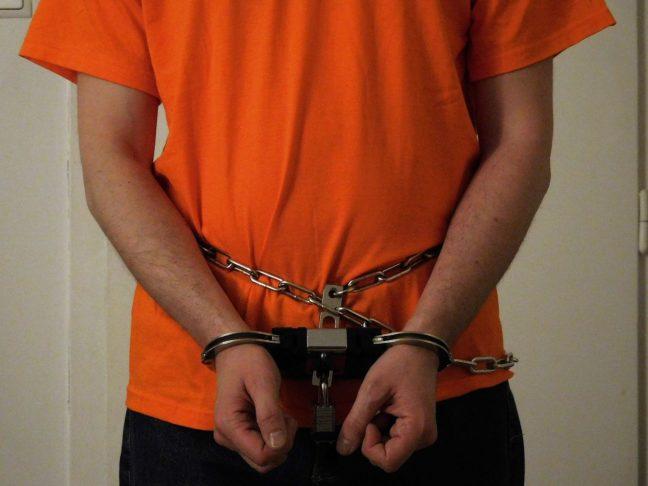Americans have always fancied their country to be a land of second chances, but the logic and functioning of our criminal justice system is a strong indicator otherwise.
In addition to having a higher percentage of its population behind bars than any other country, the U.S. routinely limits the rights of ex-felons in ways that demonstrate a lack of belief in the redemptive capacity of human beings.
Racism is, without doubt, at the root of many policies restricting the rights of ex-felons — particularly in the areas of voting rights and access to education and housing.
But alongside or co-mingled with that racism lies fear and attitudes about fairness that often blunt our capacity to forgive or support the efforts of ex-felons to reintegrate into society and live productive lives. Try as we might, we can’t seem to shake the “once a criminal, always a criminal” mentality. For all of our claims to second chances, our tendencies toward suspicion and condemnation emerge triumphant.
From conditions of imprisonment to the restriction of rights that exist after release, our criminal justice system is retributive rather than rehabilitative. Prison life is often defined by overcrowded and unsanitary living conditions, excessive isolation and restrictions on activity and abusive conduct by guards.
Few programs that would promote successful reentry into society are available to prisoners, such as drug rehabilitation, mental health services, job training and educational degree programs, as you might think a “corrections” system would require.
Additionally, by disenfranchising felons while in prison — and, in four states, for life — we not only take away the most fundamental right of citizenship from almost 6 million Americans, but also send the message that their political voice is unimportant.
Forum highlights shortcomings of Wisconsin criminal justice system
This system of exclusion extends to virtually every aspect of life once a felon is released, restricting parenting rights, jeopardizing immigration status and making it harder to obtain housing, education, welfare benefits and loans for the rest of their lives. The combination of these factors makes it extremely difficult to avoid violating conditions of parole, and as a result over 76 percent of released prisoners are re-arrested within five years of release.
Nothing can justify the degree and duration of punishment that we inflict on felons, particularly after they have served their sentence and paid their debt to society. The rights we afford or deny ex-felons will continue to be a matter of politics — and often racial politics — for the foreseeable future. But in order to adopt enlightened public policies at scale to rehabilitate prisoners and reduce recidivism, we would do well to turn our attention toward the enemy within ourselves and away from the enemy we imagine the ex-felon population to be.
Irrational fear is one important driver of our excessively punitive system. The idea of dangerous “hardened” criminals gained traction during the 1980s as a result of rising violent crime rates and has largely persisted into the modern day, even as these rates have fallen sharply in recent decades.
A perverted sense of fairness is also at play, which goes something like this: “Since I played by the rules and they didn’t, they don’t deserve the same opportunities as me.” This attitude pervades our society not just in the criminal justice system, but also in immigration and welfare debates — where immigrants and poor people are often characterized as criminals — too often, causing the usurpation of the rights of marginalized groups.
Criminal disenfranchisement: 21st century America’s suffrage crisis
Despite what our instincts might tell us, criminality is not a lifelong trait. There are, of course, the well-known stories of Michelle Jones and Shaka Senghor, former murderers who became prominent academics. But evidence tells us that their ability to turn their lives around is not unusual for felons who have a chance at rehabilitation.
Felons who have not committed a crime for 10 years are no more likely to re-offend than someone with no criminal record. And rehabilitation programs do work — at San Quentin State Prison, inmates who complete a program that teaches them how to code and connects them with Silicon Valley companies have a recidivism rate of just 7.1 percent.
If we hope to create a safer public and a better community, the American public must find a way to bury its irrational fears and selfish ideas of fairness and reform our criminal justice system so that it rehabilitative rather than punitive. We must make a social investment in prisoners that shows a commitment to their future well-being, and find a way to re-embrace them rather than exclude them once they have paid their debt to society. A system based on forgiveness rather than retribution will begin to erode the discrimination and stigma that burden ex-felons throughout their lives, and give them the fair second chance that they deserve.
Natalie Spievack ([email protected]) is a senior majoring in political science and economics.





















